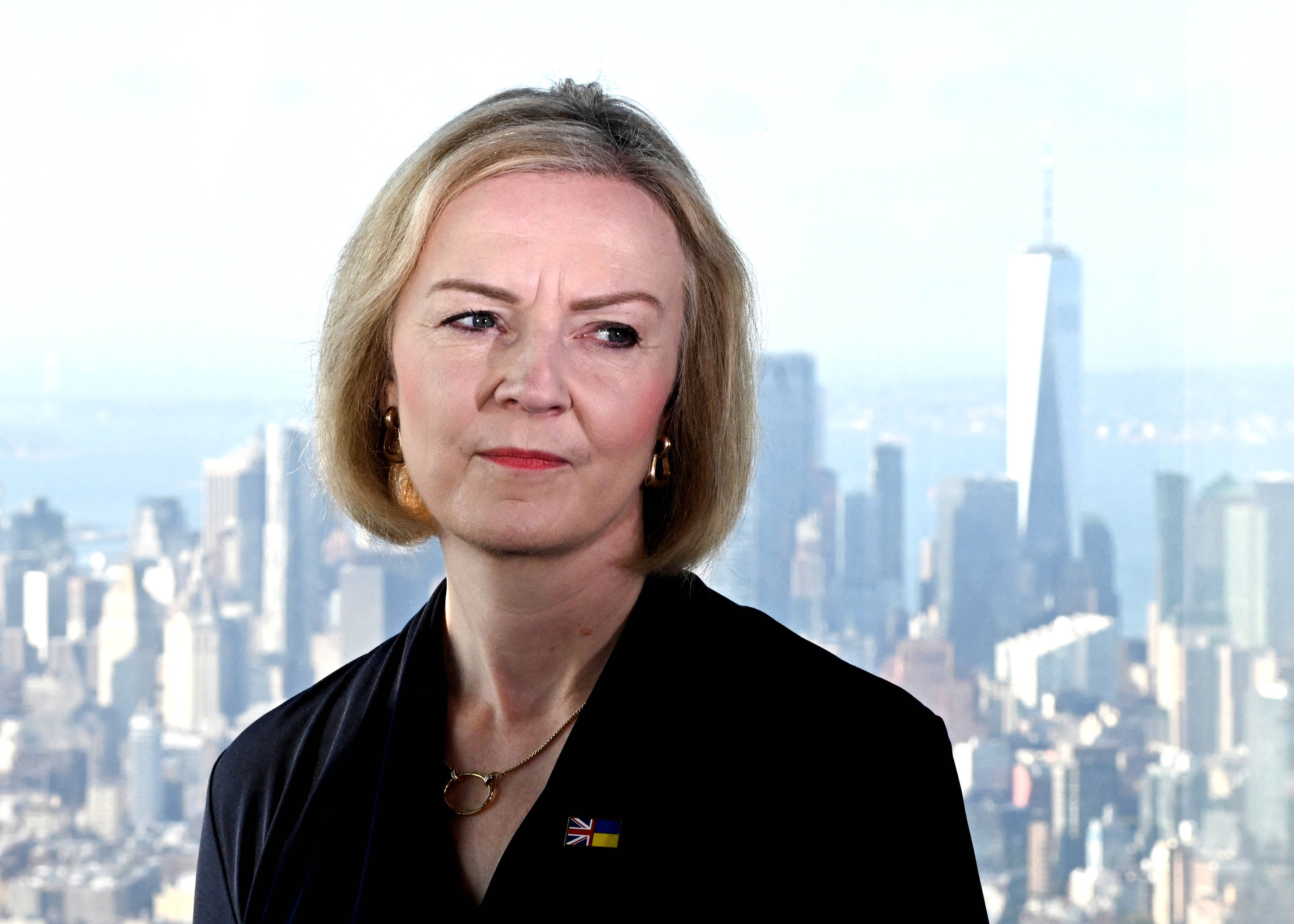The rest of this week will tell us a great deal about who Liz Truss is. Into these three days the new government will pack what would usually be weeks’ worth of parliamentary business.
On Wednesday, Jacob Rees-Mogg, the business secretary, will announce measures to help companies, public organisations and charities with their energy bills. On Thursday, Therese Coffey, health secretary and deputy prime minister, will set out how she intends to turn round the NHS. And on Friday, Kwasi Kwarteng, the new chancellor, will announce what will be, in effect, an emergency Budget.
It must be suspected that what we see of our new prime minister is what we are going to get. It may be that the political class cannot quite believe that Ms Truss means what she says, so it assumes that there must be more to it, a hidden plan that makes sense of it all. But so far, on the evidence of what we have heard from her – before politics was suspended for national mourning – it seems that she intends to follow through on her “the lady’s not for turning” tribute act.
Her supporters are triumphalist. Mark Littlewood of the free-market Institute of Economic Affairs said on Tuesday: “I think we might see the most radical changes in tax and regulatory policy since the 1980s. She has said she wants to rip up the orthodoxy. There’s no more ‘steady as she goes’ managerialism.”
Well, up to a point. Even on the evidence of what Ms Truss has said so far, she has shown a remarkable ability to compromise, while maintaining the kind of absolutist rhetoric that so delights Mr Littlewood. She really is like Margaret Thatcher in her ability to trim her policies while keeping up the kind of chin-out assertion that everything must change.
Mr Truss’s huge state intervention of subsidising energy supplies to keep prices at current levels cuts directly against her free-market, small-state posturing. And she has already said that “an equivalent guarantee” will be given to businesses, schools, the NHS and charities for the next six months. That is another huge interference in the market. Then speaking to reporters on a flight to New York, she admitted with welcome candour that a free trade agreement with the US was not going to happen “in the short to medium term”.
However, she has confirmed – including in interviews in New York on Tuesday – that she intends to press ahead with some of the policies that are so unpopular that people are entitled to express surprise. She refuses to countenance an extension of the windfall tax on oil and gas companies – which means higher borrowing – and she still wants to lift the cap on bankers’ bonuses.
The biggest unknown about what has been dubbed the Kwasi-Budget, though, remains the precise form of tax cuts, the tax cuts that formed the centrepiece of Ms Truss’s campaign for the leadership of the Conservative Party. Cancelling next year’s rise in corporation tax seems reasonable now, given the likelihood of recession, but it is a permanent reduction in planned tax receipts: Mr Kwarteng needs to give an account of how this is sustainable in the long run.
To keep up to speed with all the latest opinions and comment sign up to our free weekly Voices Dispatches newsletter by clicking here
What we do not yet know is what Ms Truss and Mr Kwarteng mean by reversing this year’s rise in national insurance contributions. This is not straightforward, because Rishi Sunak (as chancellor) partly reversed the rise in July, by raising the threshold. That change was promoted by the Treasury as “lifting 2.2 million people out of paying any personal tax and ensuring people get to keep more of the money they earn”. Lowering the threshold again would therefore mean 2.2 million low-paid employees paying more in “personal tax” and keeping less of the money they earn.
Similar questions of ideology apply to a possible cut in the basic rate of income tax, which would benefit the rich more than the poor.
Leaving aside the accidental firestorm over “trickle-down economics” triggered by president Joe Biden in a tweet aimed at his domestic audience, the idea of tax cuts for the better off and tax rises for the poor can be neither good politics nor good economics. By the end of this week, we shall find out whether Ms Truss and Mr Kwarteng agree.




Join our commenting forum
Join thought-provoking conversations, follow other Independent readers and see their replies
Comments